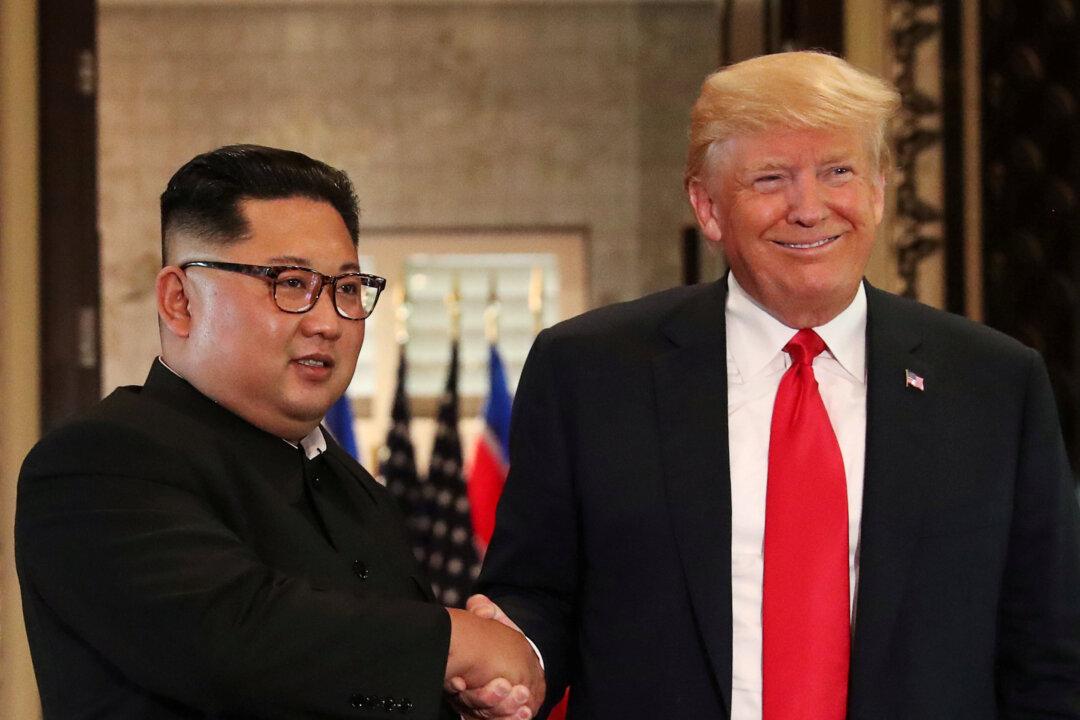WASHINGTON—The situation for U.S. foreign policy in East Asia is mixed: North Korea’s Kim Jong Un has survived America’s maximum pressure and is now looking at expanded options, while U.S. allies in Asia welcome a more aggressive U.S. policy toward China.
These were the conclusions of two Asia experts, Su Mi Terry, senior fellow and Korea chair at the Center for Strategic and International Studies, and Evan Madeiros, Penner Family chair in Asian Studies at Georgetown University, at the Defense One Summit in Washington on Nov. 15.




